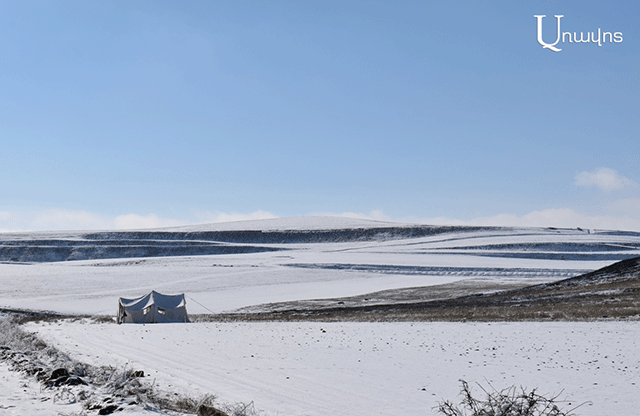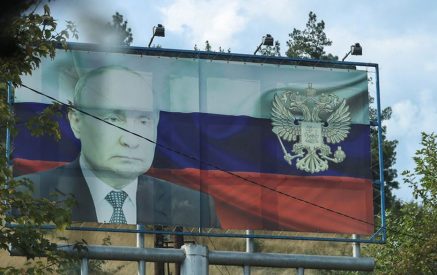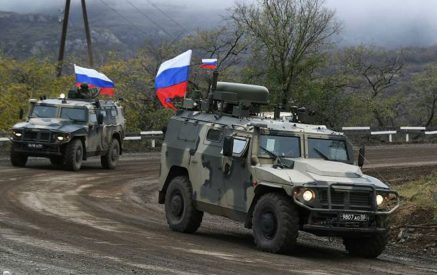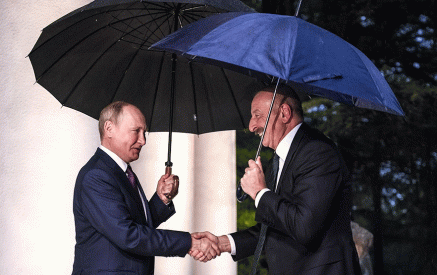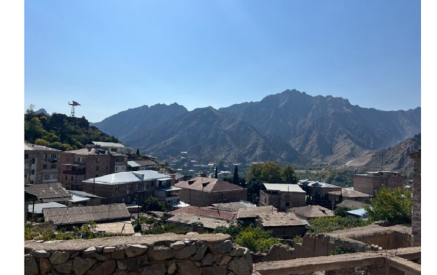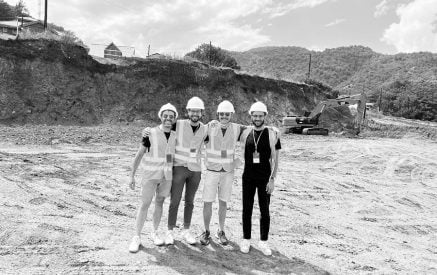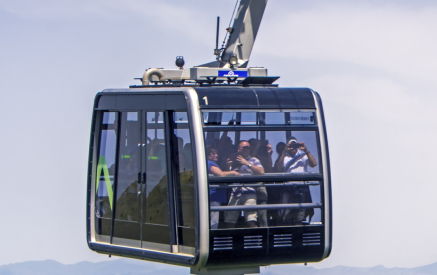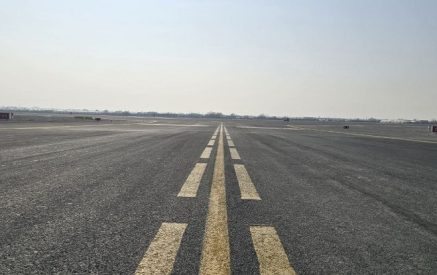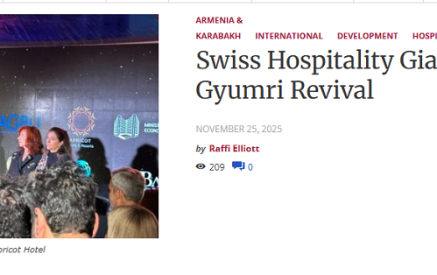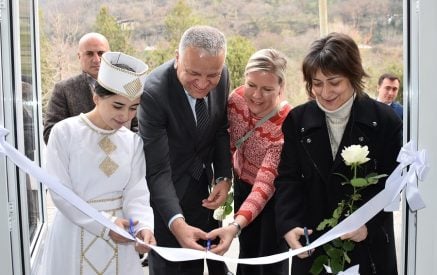“My wheat field was left to the Azerbaijanis; they did engineering works, pitched a tent on it, and settled down. But we will not leave it like this. Let’s wait and see what response there is from the government; all the people are ready. It is better to die, become a hero, and let your child live freely after you, whatever status we live in,” said Masis Zeynalyan, a member of the Comunity Council of the “Aprelu Yerkir” faction of the Tegh community of Syunik region, in a briefing with journalists at the National Assembly.
According to his description, they became prisoners in their land. Although some pastures of the community have passed to the enemy due to the advance of Azerbaijanis, the council member hopes there will be final changes after demarcation and delimitation. To remind you, according to the report of the National Security Service on March 30, the Azerbaijani side, violating the agreements, deployed at five points 100-300 meters ahead of the border. Masis Zeynalyan considers it impossible to make friends with the enemy.
He is surprised: the Azerbaijani media announced they want the Meghri corridor, but our government denies it. “If we are negotiating, why should we learn from the Azerbaijanis on the last day they have been settled? Let them say before, and we would defend our land. It was a buffer zone, there were no troops on our side or their side, and Russian peacekeepers controlled the road,” said Zeynalyan.
As for Prime Minister Nikol Pashinyan’s statement that works has been done to adjust the border guards’ deployment points in the Tegh-Kornidzor section, 7 km out of the 12 km section, and there is an improvement, the member of the Tegh community’s council confirms this. “Yes, there are places where Azerbaijanis have gone back, according to the agreement of November 9, 2020, wherever they were standing, and those heights left. Again, there were no troops since it was a buffer zone, 2.5 km on this side and 2.5 km on their side.
Read also
Russian peacekeepers controlled that road. But the improvement is for our fields to give us and go to where they came from,” said Masis Zeynalyan. And people in the Tegh community live their everyday lives. There is no panic; people are busy with agricultural work.
Armen DAVTYAN


















































